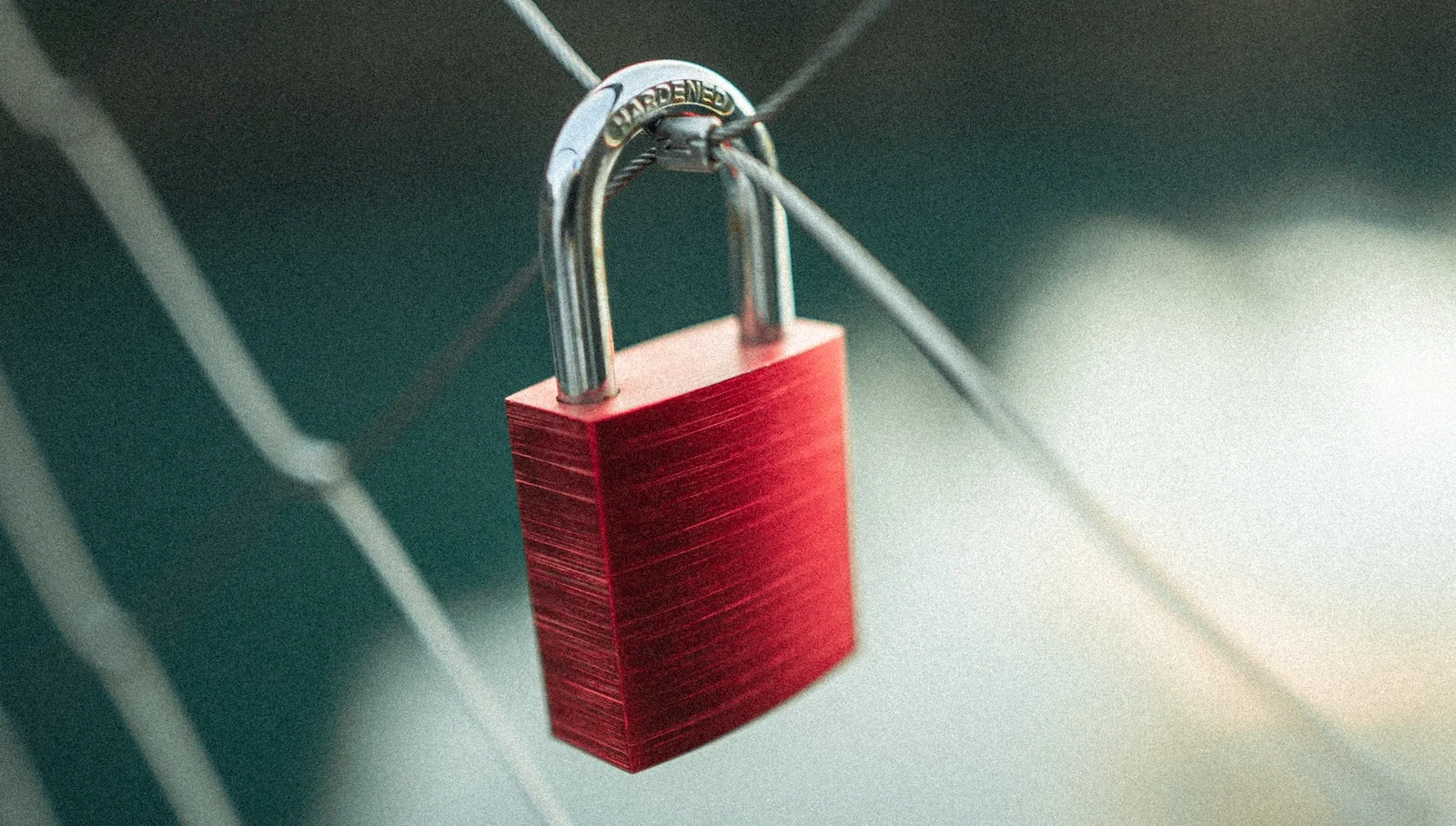Navigate the complex world of cryptocurrency security to determine the safest cryptocurrency for your needs by comparing popular digital currencies.
In this article, we will explore the question, “What is the safest cryptocurrency?” by examining the security features of various cryptocurrencies and providing guidance on choosing the right one for your needs.
Understanding Cryptocurrency Security
The security of a cryptocurrency depends on several factors, such as the underlying technology, network size, and the development team’s focus on security. Some key aspects that contribute to a cryptocurrency’s security include:
- Cryptography: Cryptocurrencies use advanced cryptographic techniques to secure transactions and user data, making it difficult for malicious actors to alter transaction data or steal user information.
- Decentralization: Decentralized cryptocurrencies are not controlled by a single entity, reducing the risk of centralized attacks and manipulation.
- Network Size: A larger and more active network of users and nodes can make a cryptocurrency more secure, as it becomes harder for attackers to gain control of the network.
- Development Team: A dedicated and competent development team can help ensure that a cryptocurrency’s underlying technology is secure and up-to-date.
With these factors in mind, let’s take a look at some cryptocurrencies that are considered relatively safe in terms of security.

Bitcoin (BTC)
As the first and most well-known cryptocurrency, Bitcoin is often seen as one of the safest options. Its security features include:
- Strong cryptography: Bitcoin uses the SHA-256 hashing algorithm and Elliptic Curve Digital Signature Algorithm (ECDSA) to secure transactions and user data.
- Decentralization: Bitcoin’s decentralized nature makes it resistant to censorship and centralized attacks.
- Large network: Bitcoin has the largest market capitalization and user base, which contributes to its overall security.
However, it’s worth noting that Bitcoin’s popularity also makes it a prime target for hackers and cybercriminals, so users must take appropriate security measures.
Ethereum (ETH)
Ethereum, the second-largest cryptocurrency by market capitalization, is another relatively safe option. Ethereum’s security features include:
- Cryptography: Ethereum uses the Ethash hashing algorithm and ECDSA to secure transactions and user data.
- Smart contracts: Ethereum’s smart contract functionality allows for the creation of decentralized applications (dApps), which can enhance security and privacy for users.
- Active development: Ethereum’s development team is continuously working on improving the platform’s security and scalability.
However, Ethereum has also experienced security breaches in the past, primarily due to vulnerabilities in smart contracts. Users should carefully evaluate the security of any dApps they interact with.
Monero (XMR)
Monero is a privacy-focused cryptocurrency that offers several security features, making it a relatively safe option for users concerned about privacy and anonymity. Monero’s security features include:
- Privacy: Monero uses advanced cryptographic techniques, such as ring signatures and stealth addresses, to ensure transaction privacy and user anonymity.
- Decentralization: Monero’s CryptoNight hashing algorithm promotes decentralization by making it more resistant to specialized mining hardware, reducing the risk of mining centralization.
- Development focus: Monero’s development team is committed to maintaining a high level of security and privacy for the platform.
However, Monero’s focus on privacy has also led to increased scrutiny from regulators, which could pose potential risks for users.
How to Choose the Safest Cryptocurrency for Your Needs
When considering the question, “What is the safest cryptocurrency?”, it’s essential to evaluate the specific security features and potential risks associated with each option. Some factors to consider when choosing a cryptocurrency include:
- Your security requirements: Consider the level of security and privacy you require for your cryptocurrency transactions. If privacy and anonymity are your primary concerns, a privacy-focused cryptocurrency like Monero may be a better fit for your needs. On the other hand, if you prioritize a large and established network, Bitcoin or Ethereum may be more suitable.
- Development and community support: Look for cryptocurrencies with active development teams and strong community support. These factors can contribute to the overall security and longevity of a digital currency.
- Adoption and liquidity: Wider adoption and liquidity can make a cryptocurrency more secure and less susceptible to market manipulation. More established cryptocurrencies like Bitcoin and Ethereum generally have higher levels of adoption and liquidity compared to newer or lesser-known coins.
- Regulatory compliance: Consider the regulatory environment in your jurisdiction and how it may impact the cryptocurrencies you’re interested in. Some cryptocurrencies may face greater regulatory scrutiny, which could pose risks for users.
Safeguarding Your Cryptocurrency Investments
Regardless of which cryptocurrency you choose, it’s essential to take appropriate security measures to protect your digital assets. Some best practices for safeguarding your cryptocurrency investments include:
- Using secure storage: Store your cryptocurrency in a secure wallet, such as a hardware wallet or a software wallet with strong encryption. Avoid storing large amounts of cryptocurrency on exchanges, as they can be more vulnerable to hacking.
- Protecting your private keys: Keep your private keys safe and secure, and never share them with anyone. Consider using a multi-signature wallet for added security.
- Staying informed: Keep up-to-date with the latest security news and updates for your chosen cryptocurrency. This can help you stay aware of potential threats and take appropriate action to protect your investments.
Conclusion
Determining the safest cryptocurrency depends on various factors, such as your specific security requirements, the cryptocurrency’s underlying technology, and the development team’s focus on security. By carefully evaluating the security features and potential risks associated with each option, you can make a more informed decision about which cryptocurrency is best suited for your needs.
Remember that regardless of the cryptocurrency you choose, taking appropriate security measures and staying informed about potential threats is essential to safeguard your digital assets in the world of cryptocurrencies.